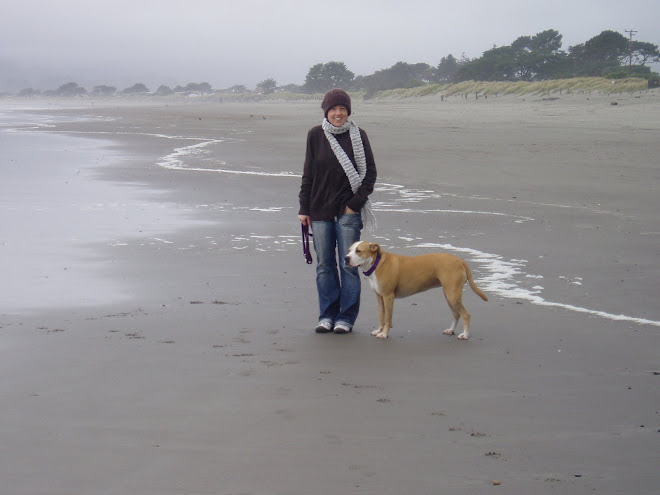Alexa Valavanis
Our values are our greatest resource. They act as a compass in determining where we spend our time, money and energy. That is not to suggest that everything we give our resources to is valuable. It is simply to note the awesome power of our values.
My clients often share a list including: faith, family, financial security and freedom. Some share the value they place on health, happiness and goodwill - even love. Our values are unique and illustrate our beliefs, cultures and influences.
Recently, I heard the story of the doorman at the World Trade Center who calmly escorted people outside of the building, after the plane crashed into it, only to perish when the building collapsed. He had placed the value of saving others’ lives above even the value of his own. We call these people heroes, which they undoubtedly are, but what if they have figured out how to consciously and vigilantly move in accordance with their values?
We also have shared values or that which we lend our resources to as a community, as a region and as a state. We have the shared values we honor as a nation and as residents of this planet. We can identify those simply by looking at what receives our money and attention (or what does not).
In January, when the earth cracked open in Port-au-Prince our world sent a message to the people of Haiti that we valued their lives. With our collective voice we said, “If there is something we can do to save your lives or stop your suffering there is no distance too far and no mountain too high. We value your lives.”
As American citizens we offered hundreds of millions in federal aid; but even more, we found ways to pull $10, $50, $100 out of our pockets to make sure the Haitians knew they were not alone. In addition to our currency we offered countless thoughts and prayers.
As a human race we demonstrated our shared value for life by immediately transcending geography, religious beliefs, and political systems to help. Perhaps, it was most evident when we saw the search and rescue teams made up of people from every corner of the earth.
That’s the power I want to talk about. By moving in accordance with our values and using our resources accordingly we can have a massive impact.
As the CEO of the North Valley Community Foundation I work with more than 10,000 donors and close to 500 local and international nonprofits. I know we understand the correlation between what we value and how we use our resources. But, do we understand the power we could wield as a community if we had consensus regarding our shared values and prioritized our resources accordingly?
Here is the point.
The time is now, to prepare for a post-recession economy, a post-recession community, and a post-recession world.
Our resources are more limited than ever before yet the demand for them has never been greater. The nonprofits and agencies I work with represent the national and international reality that we need to do more with less and less. This is true in our personal lives as well as in the public sector.
So, what can we do to ensure the quality of our own lives and the protection of the “quality of life” in our community?
Let’s consider two things.
If we express our values by how we spend our resources, including everything from how much time we give to our families to where we give our greenbacks than imagine what increased mindfulness would yield.
If every time we used a dollar we used it as an opportunity to align with our values, social and/or personal, what would change? Is what we’re buying, where we’re shopping, and the charities we’re giving to aligned with our values? Is that also true with how we spend our time, our energy, even our thoughts?
The second thing is to develop a public – philanthropic partnership, a partnership that could identify and prioritize our shared values, with a mechanism to glean everyone’s input. One sector simply cannot solve these challenges alone.
For example, if we decided that keeping local control of the Chico Unified School District was a shared value, tell me, what distance would be too far, what mountain would be too high?
If we value having excellent educational institutions, thriving local businesses, safe streets to walk along, clean parks, quality health-care and we were willing to align our personal and public resources to achieve those ends - what could stop us?
It simply does not take the earth to break open or the towers to collapse in order for us to move in sync with our values. It takes understanding the power of our time, energy and money when we align it with our values.
END.
[Originally Published in the Enterprise Record 2010]
